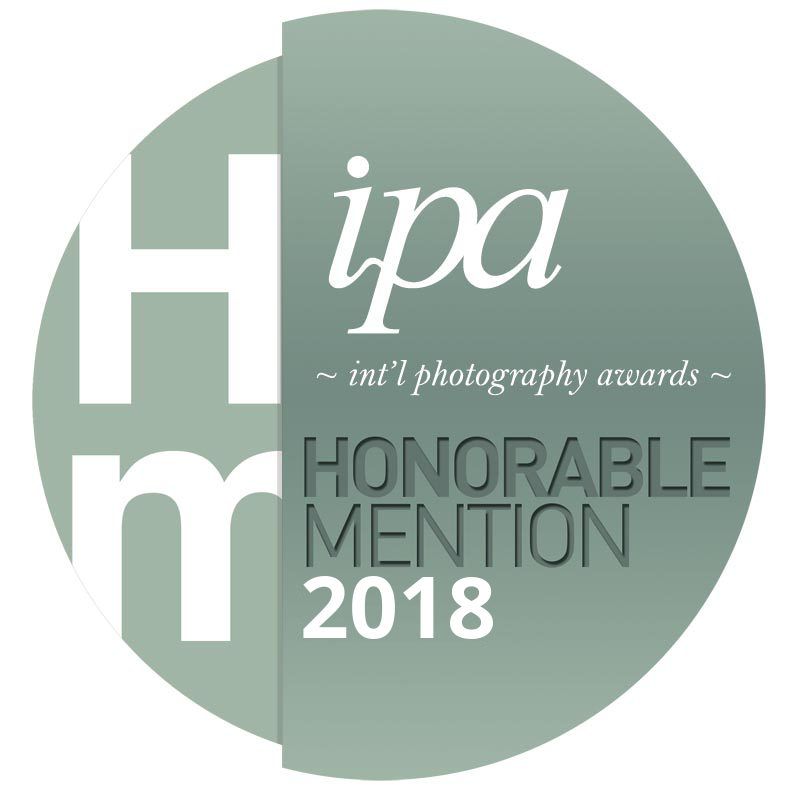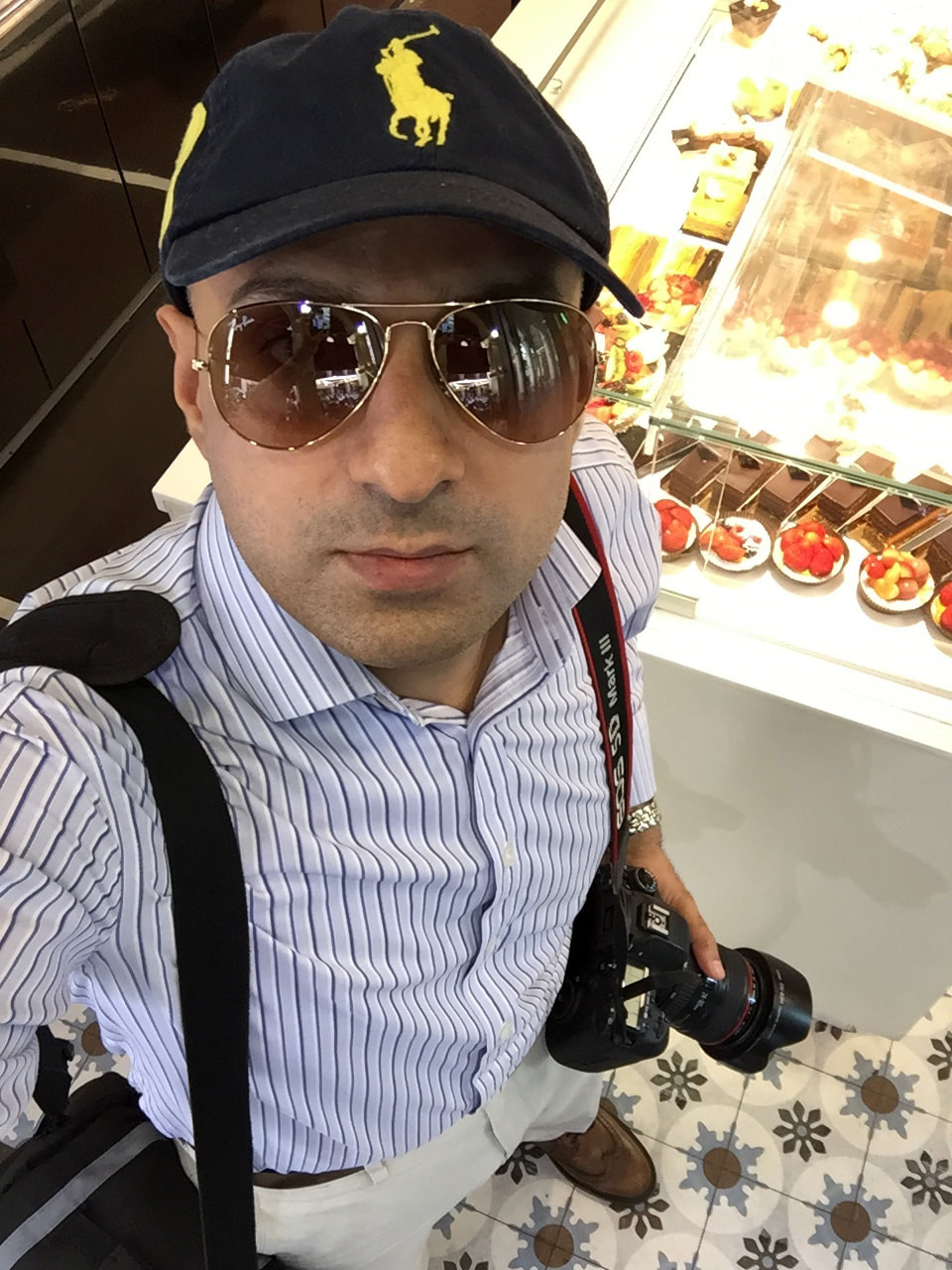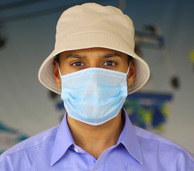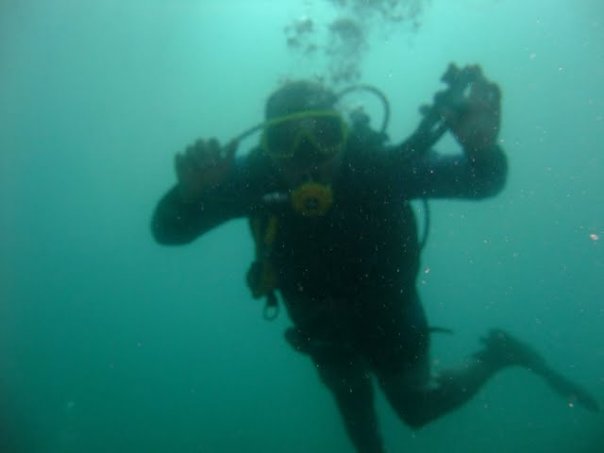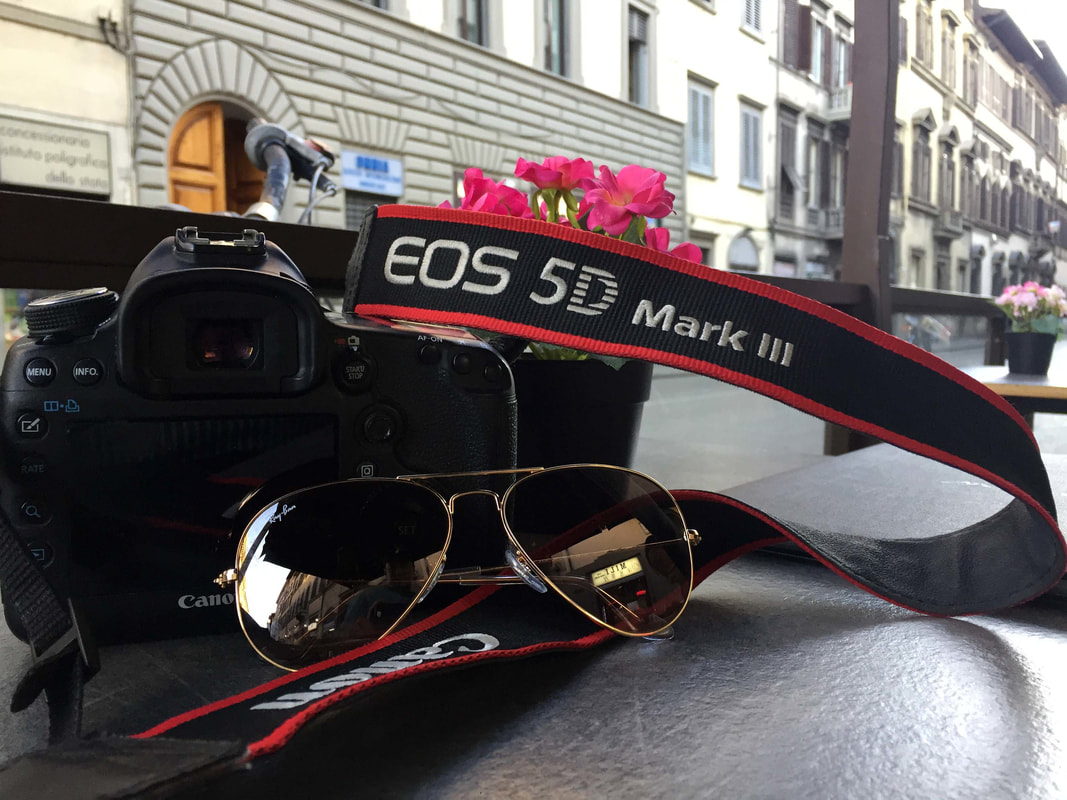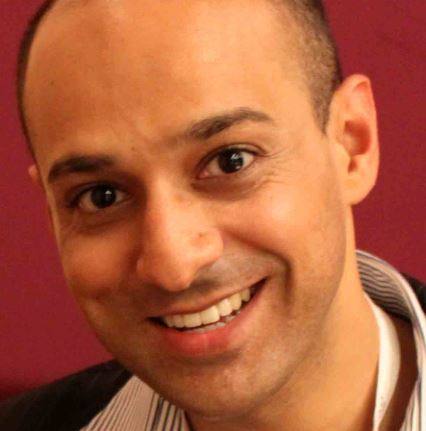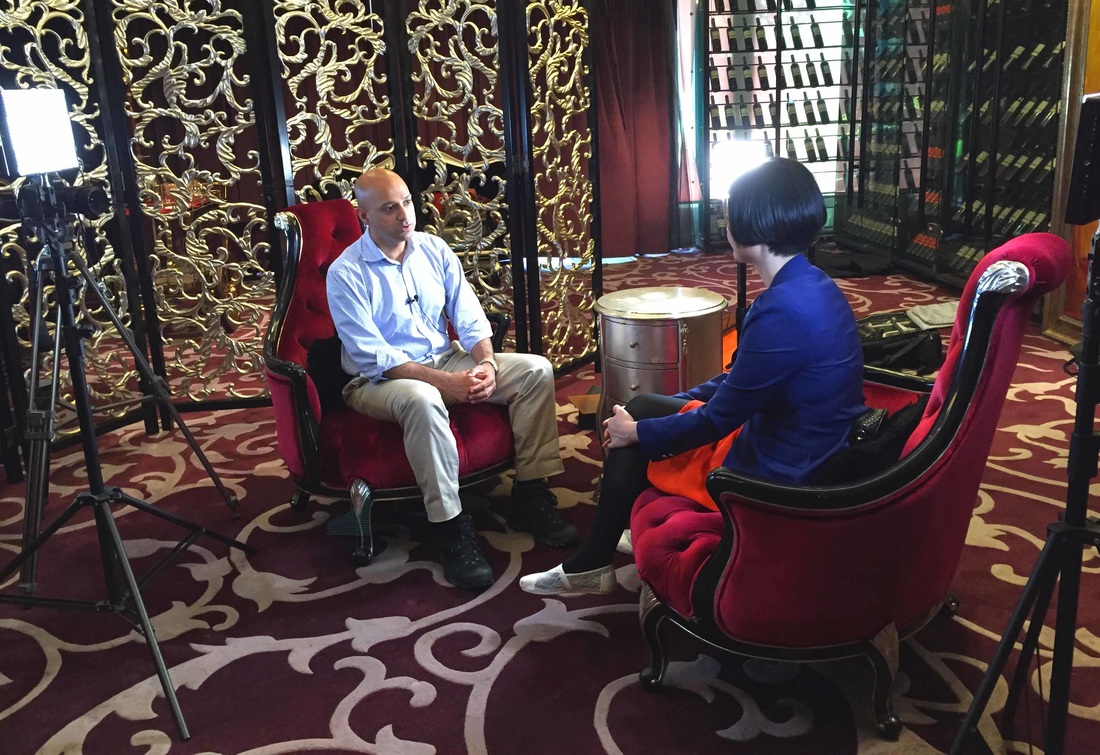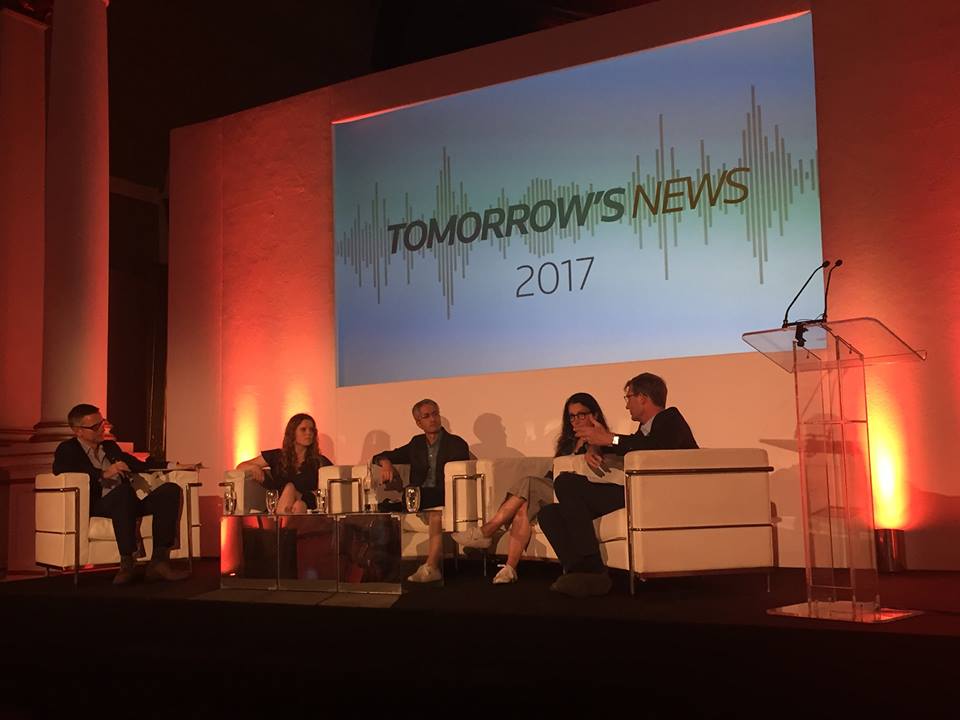 (L to R) John Pullman, Reuters Global Head of Video and Pictures; Maisie McCabe, Deputy Editor of Campaign; Madhav Chinnappa, Director of Strategic Relations for News and Publishers at Google; Nathalie Malinarich, Mobile Editor, BBC News Online; and Nic Newman, Research Association at Reuters Institute at the Reuters Tomorrow's News 2017 event in London, June 14, 2017. Photo Copyright Navjot Singh It’s been a year of huge change and disruption for the global news landscape. On the evening of 14 June at One Marylebone in London, the Tomorrow’s News 2017 event hosted by Reuters unveiled some of the key news consumption shifts in the last 12 months, what’s influencing news attitudes and behaviours, and what the future holds. Some of the key questions revolved around fake news and to understand what are facts worth and how they are verified. The lively discussion was attended by some of the key influencers in the media industry. On the discussion panel were Nic Newman, Research Association at Reuters Institute; Madhav Chinnappa, Director of Strategic Relations for News and Publishers at Google; Nathalie Malinarich, Mobile Editor, BBC News Online and Maisie McCabe, Deputy Editor of Campaign. The discussion was chaired by John Pullman, Reuters Global Head of Video and Pictures Reuters. The opening and closing speeches were conducted by Jeffery Perkins, Commercial Director, EMEA, Reuters. The discussion revolved around a report published by Reuters, which included a global survey of 1,711 Reuters.com users, and the findings which show that while fake news can be damaging for both news brands and advertisers, brands which advertise on trusted news sites can benefit. Unfortunately, Ben de Pear – Editor of Channel 4 News could not make it to the event because he was busy covering the tragic news of the fire at Grenfell Tower in west London. Some of the findings of the report included:
Some of the highlights of the event included: Chinnappa said that Google is “trying to give the answers that the users are looking for when they search, which is a very specific thing. So, for us, when you look at false news, on some levels, that’s news spam. It’s people trying to game the system. And we’ve been trying to fight that from the beginning of Google. He noted that as a father he understands the need for security and privacy of content on the site, especially when it comes to graphic content- and that Google is working very hard to make sure that brands and individuals are not lined in with the graphic content and are moderating the content that is published. He also mentioned that it is a challenging task. Malinarich noted that brand attribution or recognition on social media is difficult. “If you spend your whole day snacking on Facebook, you know you’ve read things about Trump or whatever it is, but you don’t who wrote them or made the video at the end. …it’s just kind of a jumble in your head and you remember the actual stories and the headlines, but you don’t really remember who provided that.” One of the best things I heard was when she said that the problem with mainstream media is that the majority of the key decisions on stories are made by a select few group of networked people and not the mainstream junior staff and that is challenging to change. Does that mean that stories are biased or that editors tell their staff to write stories to shift the public’s viewpoint of someone in government or create a base for a public debate through influence? Maybe. The way people buy online advertising, McCabe said, was to look for the cheapest way to find people who look like they might be interested in their brand. “That means they don’t pay attention to necessarily where the ad is going to run, so then you have the situation where people are chasing numbers by any means. It’s definitely something advertisers need to be wary of.” On fake news, Newman said “Whose responsibility is it? Is it publishers, is it platforms, is it users? In this world, it’s all of those. Users get the benefits of greater choice, but downside of that is they have to do more work themselves to work out what is true and what isn’t. They are, and they relish that. They see that trade off when you talk to them. From a publisher’s point of you, they need to do more about transparency. From a platform point of view, they need to do more as well to show the value of brands. One of the key trends that nobody spoke about was Big Data and the effect it could have on the publishing and media industries. I mean, for example, if you have one person who has spread fake news then how much of an effort in terms of time, money and human resources would it take to turn that mistrust with the public into a credible and trustworthy piece of news? How much of a help would Big Data have in this, if any? Other main areas of discussion revolved around the following key areas:
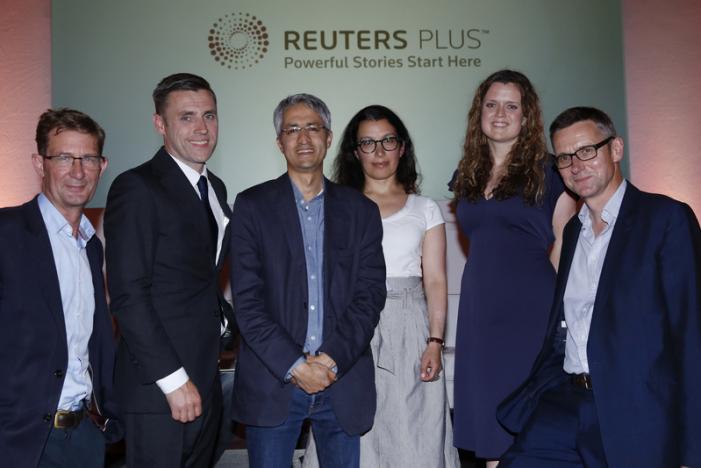 (L to R) Nic Newman, Research Association at Reuters Institute; Jeffery Perkins, Commercial Director, EMEA, Reuters; Madhav Chinnappa, Director of Strategic Relations for News and Publishers at Google; Nathalie Malinarich, Mobile Editor, BBC News Online; Maisie McCabe, Deputy Editor of Campaign; and John Pullman, Reuters Global Head of Video and Pictures at the Reuters Tomorrow's News 2017 event in London, June 14, 2017. REUTERS/Luke MacGregor It was my first trip to Beijing way back during the Mid-Autumn festival (widely known as the "Moon Cake Festival") in the first week of October 2002; and I was extremely excited at the prospects of actually going to experience the sights and smells of the city at first hand. I had long awaited for this moment and finally that thought was to become reality. Prior to this trip, I had two solid images of Beijing in my mind, the first one was of the Great Wall of China- the image which I suppose most foreigners would have when China is mentioned to them; and the second one was of Tiananmen Square. However that image of Tiananmen Square was the same image that, sadly, showed tanks and student protesters during the 4th June 1989. I was a 9 years old youngster living in London at that time and, obviously, I hardly remember anything at that time. However as the years have passed since that atrocious day in Chinese history, the images we in the UK (and outside of China) have been accustomed to watching are of a young man waving something (a white flag or shirt) and standing in front of a tank in the middle of the square. So on this trip; I was curious to see that square and to stand on that piece of historical land. By all means, it was not the purpose of my trip, however I wanted to see that exact place, and just compare the sight of what life is like in 21st Century Beijing, compared to what I had seen through western Media.
On this trip I was fortunate enough to be accompanied by one of my good friend’s who was kind enough to take a couple of days off her work to show me around. Born and raised in Beijing, educated at the famous Tsinghua University and an aspiring Chinese model/actress, I could not have been in any better company in this splendid city. Arriving on a hot and dry afternoon at my hotel, I spent the final hours of that day sightseeing in central Beijing, having been to look at Beihai Park, the Tian Tan (Temple of Heaven) and eating a scrumptious meal at the acclaimed Duck restaurant on 32 Qianmen Street, I eventually made my way through to Tiananmen Square. Standing at the largest square in the in the world for the first time was just such a wonderful feeling. I immediately felt as if I was part of China’s history and not just Beijing’s history. It was a quite atmosphere to absorb. The weather was still fairly hot and there was a slight breeze coming in from the south. There were many families, tourists and residents’ alike taking an evening stroll, some taking photos, while others were just whiling away the time chatting amongst themselves. There were also quite a lot of children flying kites, taking advantage of that slight breeze I suppose. However one thing I did notice which was somewhat difficult to avoid. As a rough estimate, there must have been about two hundred uniformed army and police personnel in the square (possibly more if one includes the non-uniformed ones). Some were marching in line, while others were just standing and watching the crowds. Were they anticipating for something to happen? Was this a routine procedure (or should I say a daily one?)? I did not know the answer to these questions. Nevertheless their presence was all the all a bizarre occurrence to me, as the only time I have seen such high number of police presence is at, say marches or public events (musical concerts and so on)- and here I was standing in Beijing on a perfectly normal and quiet summer’s evening. Every time I got my camera out to take a photo, it had always occurred at the back of my mind, “Is it safe?”, “Will they stop me from taking a photo?” It seems bad that I had these thoughts, but for some reason (I still cannot explain as to why), I always felt a bit fearful of seeing Chinese police. If I, as a foreigner felt this way, I can only imagine what a native Chinese person may feel like. Just then a group of about 10 soldiers where marching towards us. I took a chance and asked my friend to take a photo of me with the soldiers marching as a backdrop. She asked me to stand in front of a tree, and carefully placed the camera at an angle so that no one could tell that she was talking the photos of the soldiers as well. My friend and I strolled our way to the south side of the square, and she was happily explaining to me the daily ceremony of raising (at sunrise) and lowering (at sunset) of the national flag by the guards, when I asked her a few questions; and I could not resist the opportunity. “Is this is way the tanks came in from on the 4th of June?”, “Do you remember what you were doing on that day?” Immediately I realized that I made a mistake of even asking her up front. Suddenly her smile disappeared, and she completely ignored my questions. “Is everything alright?” I asked, to which she replied with a simple nod with a straight facial expression before we changed the subject and carried on talking about other things. To this day, I do not understand what was going through her mind, and will probably never know why she ignored my questions. Interestingly, during my many years in China, I had come to realize that this was not just an isolated case, it was quite common for anyone to just suddenly go quiet and change the subject...would be interesting to know if anyone else (Chinese or non-Chinese) has had a similar experience. |
Get in Touch:LIFE MATTERSHere I share my thoughts
and experiences during my travels, and how some things have affected my life as an expat and world traveller. Travelling is about capturing that moment in life. Every word, view and opinion on this page is that of Navjot Singh - except where indicated. The most recent is at the top. Scroll down to read the archive. Or search using CTRL+F (COMMAND + F) and enter a keyword to search the page. Just some of the stories you never heard before. The NAVJOT-SINGH.COM web blog is separate to this web site....Click blog, which may not be visible in some countries due to local firewall restrictions, so in those cases this weblog may be read. The weblog also includes some of my press trip reports- most of which are not published on the official blog because of copyright issues. The weblog also contains articles that may be associated directly with a PR trip for a country, airline or a hotel. These are PR reviews done in relations with various companies. If you are an investor or a trend watcher then you may find this website useful as investing has a lot to do with personal observations and finding the ideal trend or next big thing. The average human on the street frequently knows far more about the state of the economy than politicians, university professors, subject matter experts, and financial analysts who seldom travel, or if they do so, only from one hotel to another hotel! The pulse and vibrancy of an economy is nowhere more visible than on a country's streets. All photos and words are © Navjot Singh unless stated. Photos taken by others or by agencies are appropriately copyrighted under the respective name. No photo or word/s may be taken without the prior written permission by the author (i.e. Navjot Singh). All Rights Reserved. Archives
April 2024
Categories
All
|
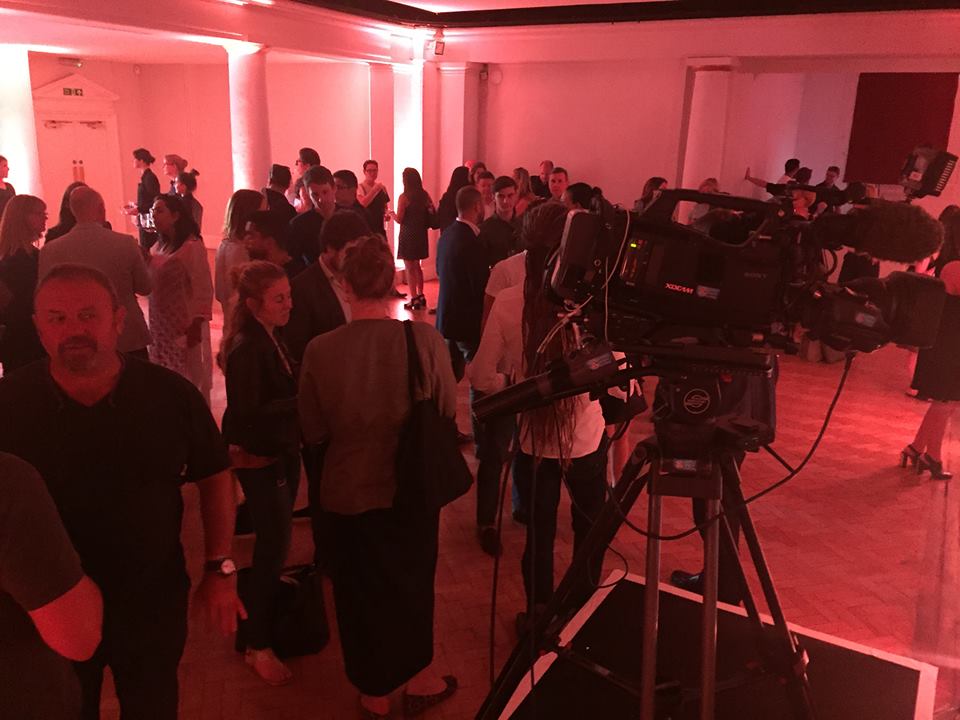
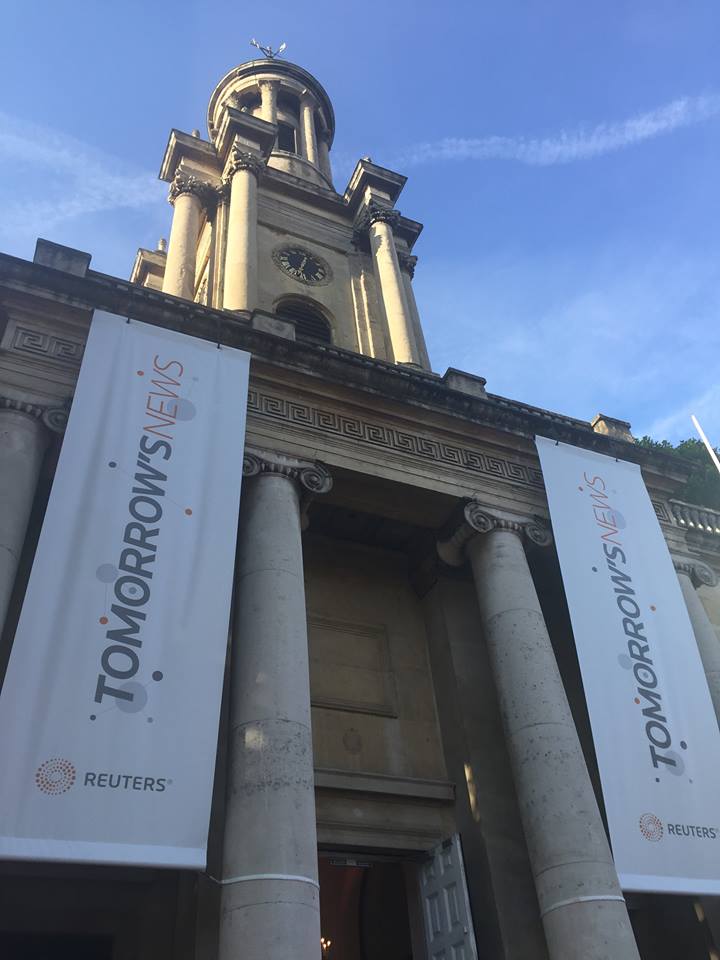
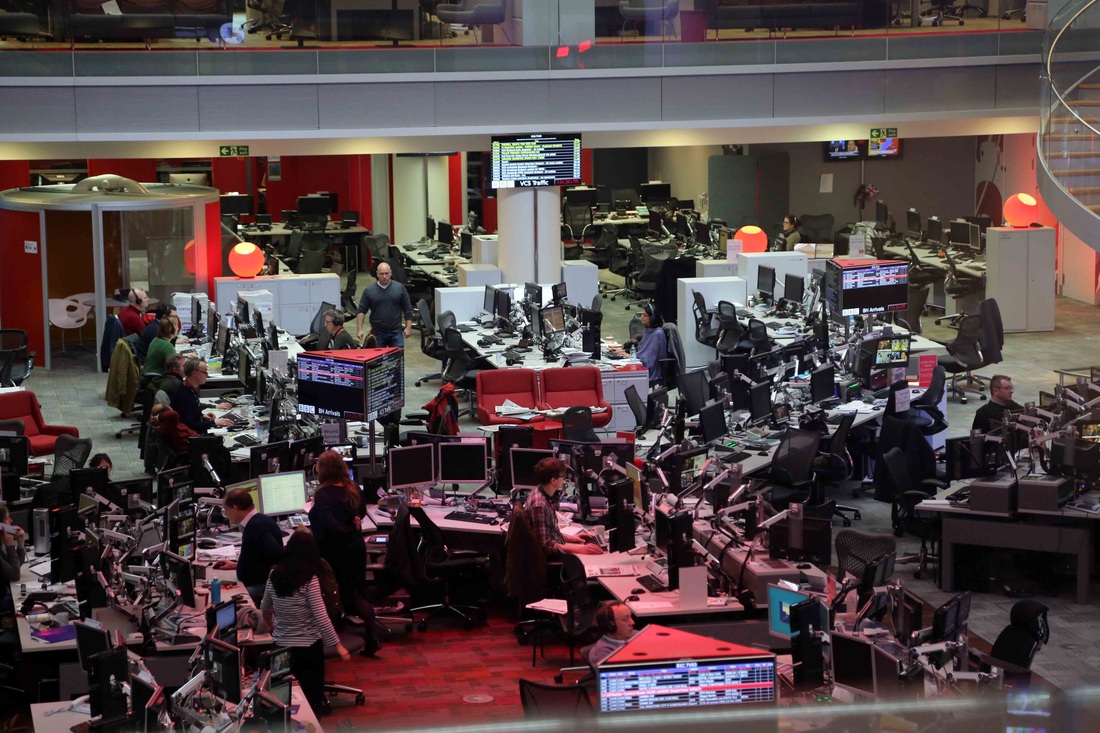
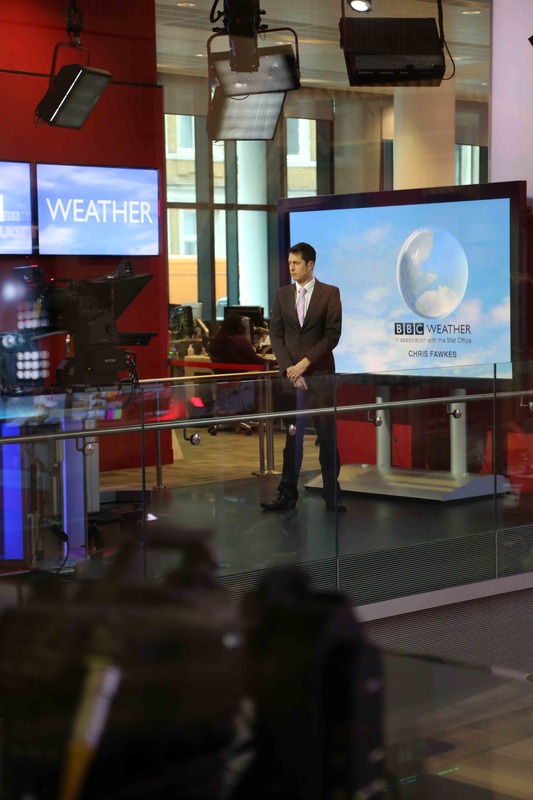
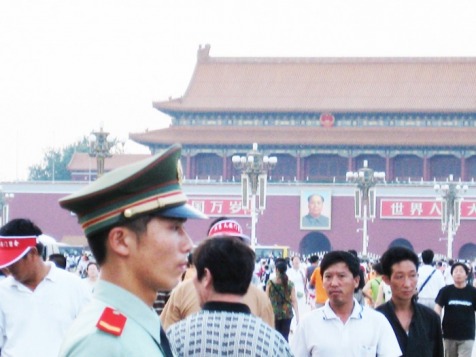
 RSS Feed
RSS Feed
